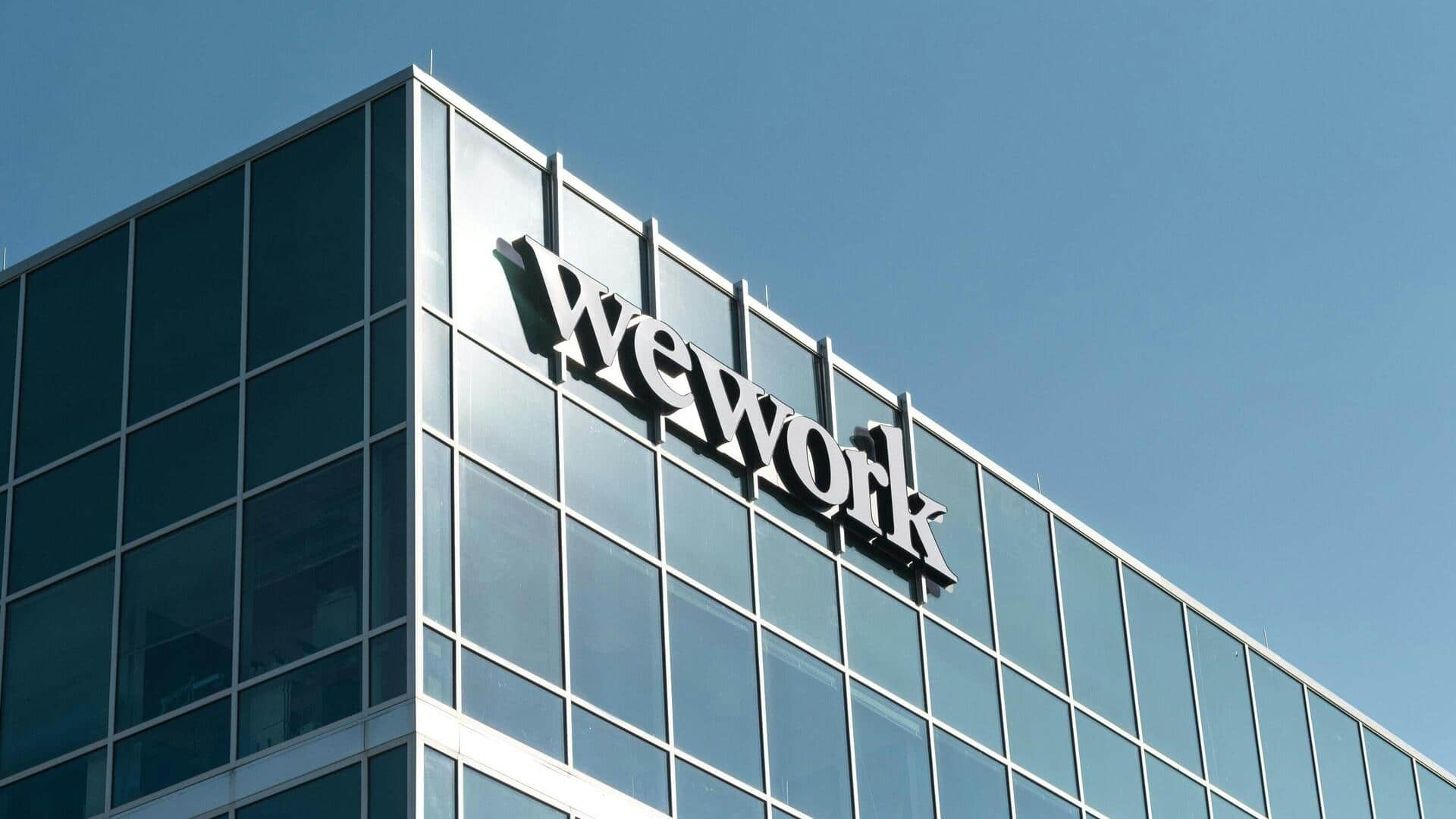**Should You Be Worried About WeWork India’s ₹3,000 Crore IPO?**
*By Dwaipayan Roy | October 7, 2025 | 8:02 PM*
—
WeWork India’s ₹3,000 crore initial public offering (IPO) has come under scrutiny, with proxy advisory firm InGovern raising significant concerns over its structure and pre-listing conditions. Shriram Subramanian, the founder of InGovern, highlighted issues that cast doubt on the promoters’ intent, the company’s financial sustainability, and governance oversight.
### IPO Structure: No Fresh Capital Infusion
The IPO is structured as a full offer for sale (OFS), meaning that no new capital will be infused into the company through this process. Instead, existing shareholders are offloading shares, which raises questions about the use of proceeds and the company’s future funding needs.
### Major Concerns Raised by InGovern
**Temporary Release of Pledged Promoter Shares**
A key concern flagged by InGovern is the temporary release of promoter shares that were pledged before the IPO. Over 53% of WeWork India’s pre-IPO shares, held by Embassy Buildcon, had been pledged against borrowings amounting to approximately ₹2,065 crore. These pledges were revoked mainly to facilitate the IPO. According to Subramanian, if the listing did not occur, the shares would have to be re-pledged within 45 days. This arrangement raises questions about the promoters’ commitment and the stability of their holdings.
**Ongoing Financial Challenges**
WeWork India continues to face operating cash losses, a challenge complicated by lease agreements treated as debt obligations. Nearly 43% of the company’s FY25 revenue went toward lease payouts. Subramanian expressed concern over the promoters’ use of a pure OFS to deleverage, noting that the company’s brief profit in FY25 was largely due to a deferred-tax gain rather than operational performance.
**Governance and Compliance Red Flags**
Repeated audit qualifications have been highlighted as a potential red flag. From FY22 to FY24, WeWork India reported material weaknesses in internal controls, including poor vendor documentation and issues with related-party transparency. Moreover, the promoters face several pending enforcement proceedings under the aegis of the Central Bureau of Investigation (CBI), the Enforcement Directorate (ED), and the Prevention of Corruption Act, spotlighting serious governance concerns.
### Market Risks: Dependence on the WeWork Brand
InGovern also flagged WeWork India’s dependence on the WeWork Global brand as a critical risk factor. The company operates under a 99-year license, which is contingent on promoter control and regulatory compliance. Any conviction or significant change in promoters could jeopardize these brand rights, posing an existential threat to the business model.
### Despite Concerns, Strong Anchor Participation
Despite these multiple concerns, the IPO attracted strong anchor investor interest, raising ₹1,348 crore from 67 investors including well-known names like ICICI Prudential Mutual Fund and HDFC Mutual Fund.
—
**Takeaway:** While WeWork India’s IPO garnered a solid market response, investors should carefully weigh the significant financial, governance, and structural risks highlighted by InGovern before making investment decisions.
https://www.newsbytesapp.com/news/business/wework-india-s-3-000cr-ipo-under-ingovern-s-scanner-here-s-why/story

Be First to Comment